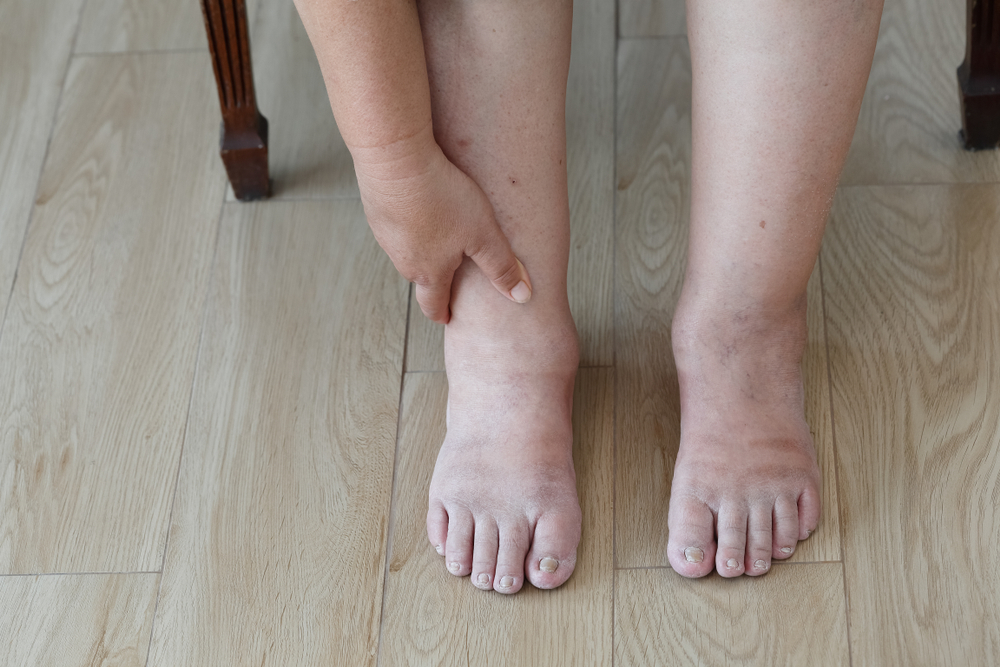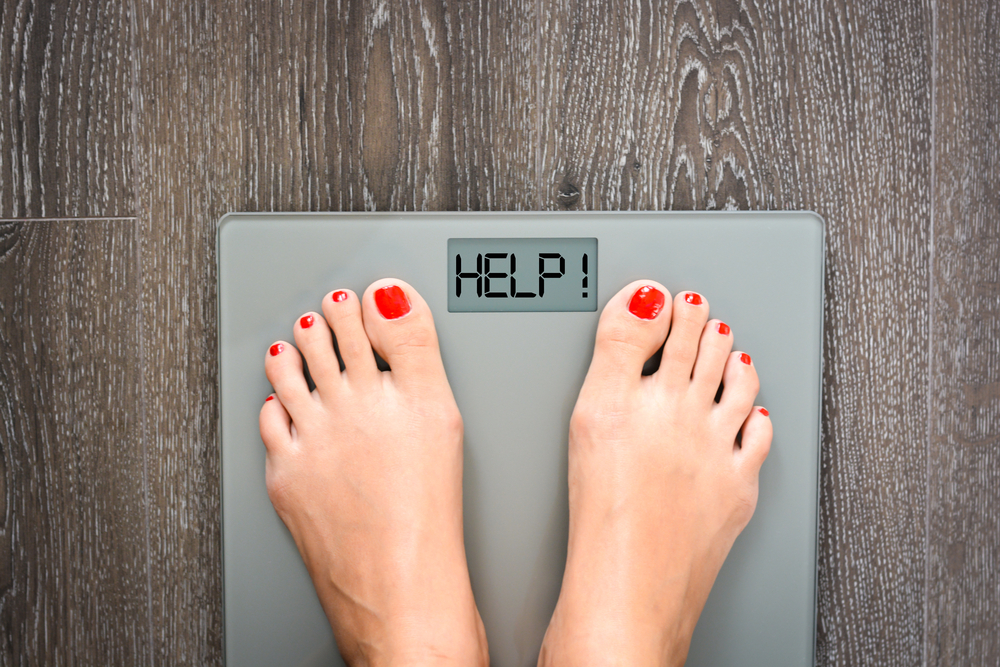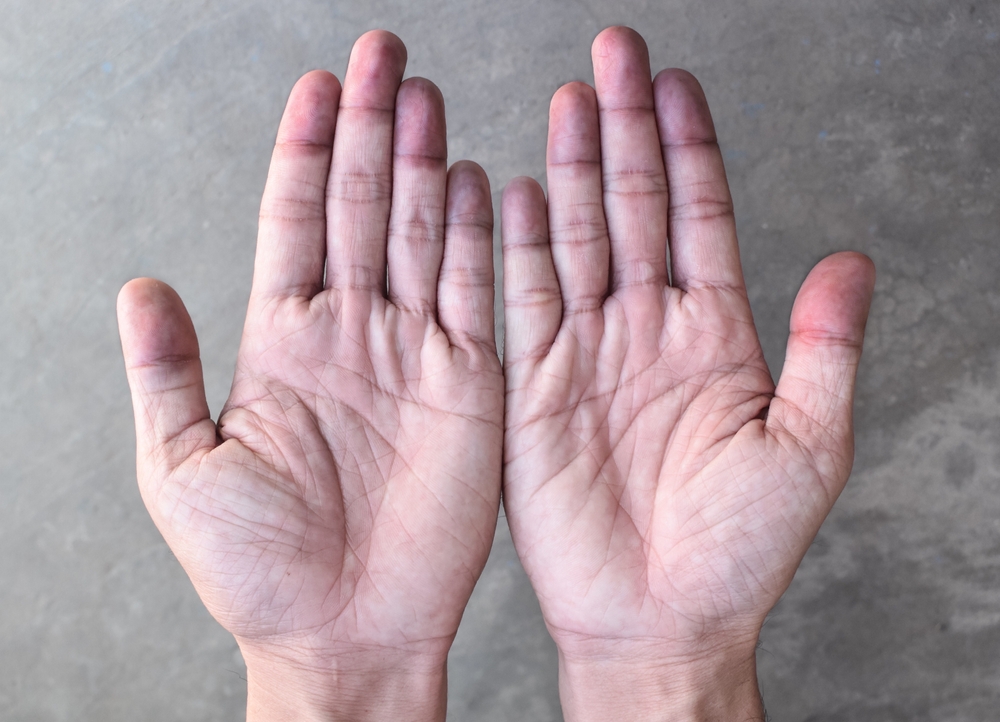Congestive heart failure is a condition where the heart is unable to pump blood efficiently, leading to a buildup of fluids in the body’s tissues. Recognizing the early signs can lead to timely medical intervention, potentially improving outcomes. Here are 13 early signs to watch for:
1. Shortness of Breath

One of the most common early signs of this condition is shortness of breath, especially during physical activity or when lying down. This occurs because fluid accumulates in the lungs, making it difficult to breathe.1
2. Persistent Cough

A chronic cough that produces white or pink blood-tinged mucus can be an indicator of congestive heart failure. This cough is often due to fluid buildup in the lungs, known as pulmonary edema.2
3. Swelling in Legs, Ankles, and Feet

Edema, or swelling in the lower extremities, is a hallmark of congestive heart failure. This happens when blood flow out of the heart slows, causing blood to back up in the veins.
4. Rapid or Irregular Heartbeat

Another early sign is an increased heart rate or irregular heartbeats. The heart compensates for its reduced pumping capacity by beating faster.3
5. Fatigue and Weakness

Feeling unusually tired or weak, even after rest, is a common symptom of congestive heart failure. This is due to the heart’s reduced ability to pump blood, which means less oxygen reaches your muscles and tissues.
Read More: 9 Heart Attack Symptoms That Are Frequently Misdiagnosed
6. Difficulty Sleeping When Lying Flat

Many people with congestive heart failure experience difficulty breathing when lying flat, a condition known as orthopnea. This can cause frequent waking and discomfort during sleep.
7. Swelling in the Abdomen

Ascites, or swelling in the abdominal area, can also occur in heart failure patients. This is due to fluid accumulation in the abdomen.
8. Rapid Weight Gain

A sudden increase in weight, often due to fluid retention, can be a sign of worsening congestive heart failure. Monitoring weight daily can help detect this early.
9. Nausea and Lack of Appetite

Feeling nauseous or losing your appetite can be symptoms of congestive heart failure. The buildup of fluid around the liver and digestive system can interfere with digestion.
10. Increased Urination at Night

Frequent urination, especially at night (nocturia), is another early sign. This occurs because lying down promotes better blood flow to the kidneys, which increases urine production.
Read More: 7 Reasons You Can Feel or Hear Your Own Heartbeat, According to Cardiologist
11. Confusion and Impaired Thinking

Reduced blood flow to the brain due to congestive heart failure can cause confusion, memory loss, and impaired thinking. This is more common in older adults.
12. Bluish-Colored Skin (Cyanosis)

A bluish tint to the skin, particularly the lips and fingers, can indicate low oxygen levels in the blood, a symptom of advanced congestive heart failure.
13. Swelling in Neck Veins

Jugular vein distention, or swelling in the neck veins, is a visible sign of fluid overload and increased pressure in the veins, often due to this specific heart condition.
When to Seek Medical Attention

If you experience any of these symptoms, especially if they worsen or are accompanied by severe shortness of breath, chest pain, or fainting, seek medical attention immediately. Early diagnosis and treatment can help manage symptoms and improve quality of life.
Early recognition of congestive heart failure symptoms is crucial for effective management. By staying vigilant and seeking prompt medical care, you can better manage your health and potentially slow the progression of heart failure.
Read More: Study Suggests These 4 Traits May Increase Early Heart Attack Risk
Sources
- “Signs and Symptoms of Congestive Heart Failure.” Health. Alexandria Jones-Patten, PhD, RN. December 28, 2023
- “Congestive Heart Failure.” Cleveland Clinic
- “Heart Gailure.” Mayo Clinic

